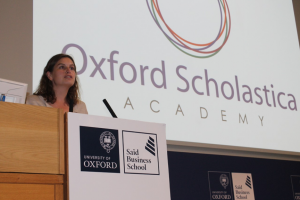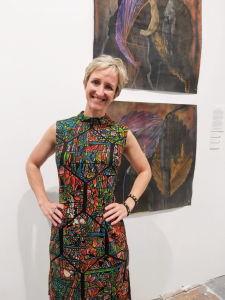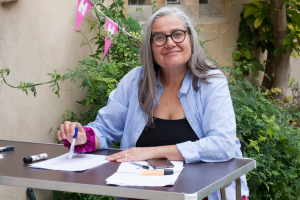Lavinia Abell, Programme Manager

What task did you get the intern(s) to undertake remotely and how successful were they?
We hosted six interns, who had two tasks: during the first half of the week, they focused on content creation and blog writing; in the second half of the week, they were tasked with researching and designing a brand new online course product for our Oxford summer school venture. They conducted market research, and in teams put together an operational and marketing strategy. This strategy is being implemented this week – so they were very successful! We were very impressed at all the interns’ dedication, flexibility, and strategic insights.
How did you go about supervising your intern(s) remotely, were there methods that were more successful than others?
We hosted daily, sometimes twice daily, Zoom video conferences in order for them to present their work, ask any questions, and receive their next brief. The interns also set up a group chat together in order to collaborate on the projects.
What was your lasting impression of hosting an intern remotely and do you have any tips for employers looking to undertake a placement remotely next term?
This internship was not originally intended to be remote, but had to be made so given the extraordinary circumstances, but the quality of the interns’ work has been as high as or higher than I would have expected for an in-person internship. I would recommend hosting a group of interns rather than just one as they have been able to collaborate very well and keep each other company during what might otherwise have been a less stimulating experience.









